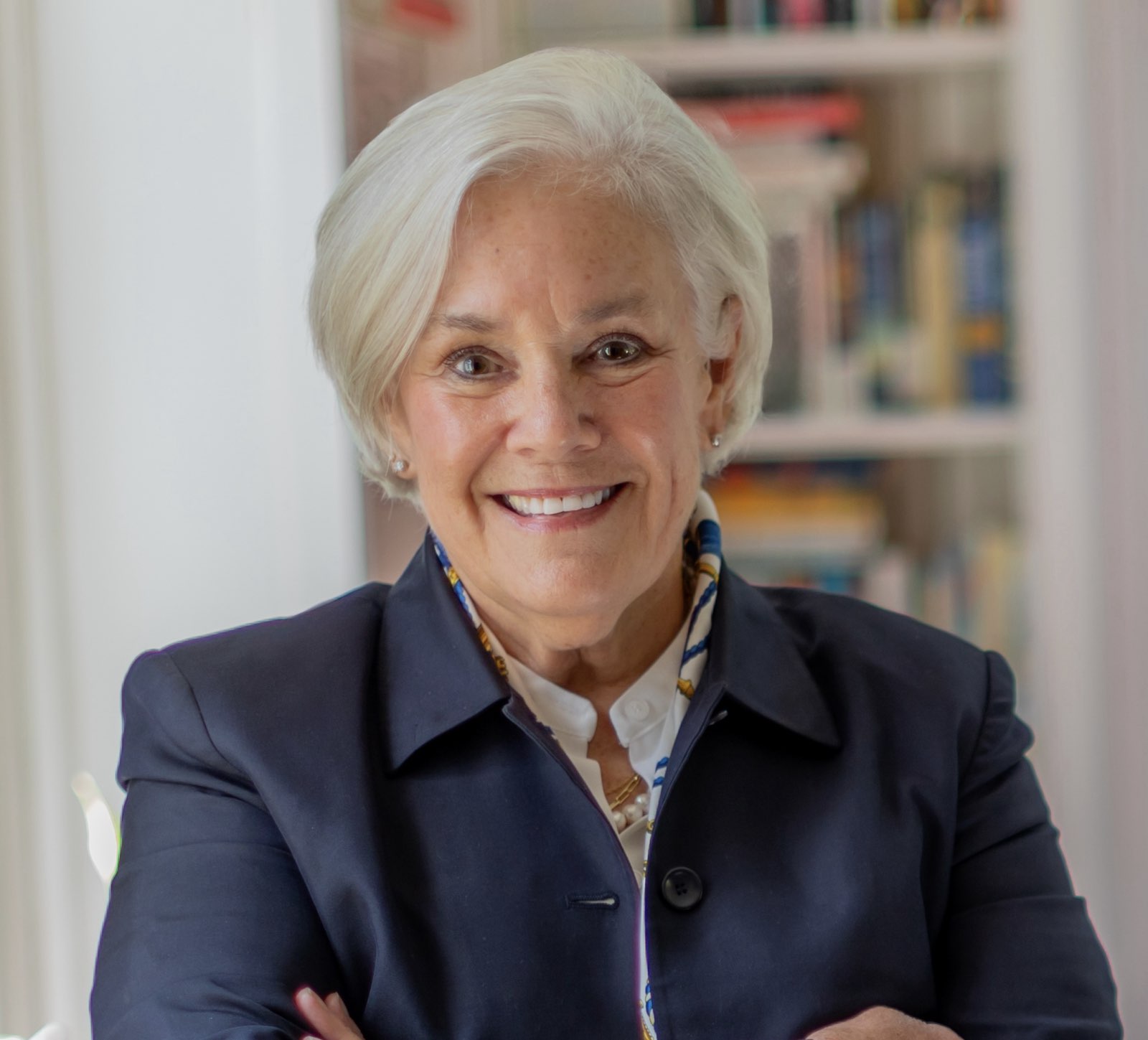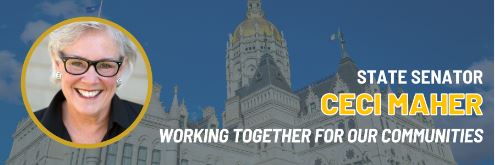SENATOR MAHER LEADS SENATE’S FINAL PASSAGE OF EARLY CHILDHOOD CARE AND EDUCATION FUNDING LEGISLATION
Today, State Senator Ceci Maher (D-Wilton) led the Senate’s final passage of legislation that will benefit early childhood care and education funding in Connecticut, with focuses including development of a prospective payment system based on enrollment rather than attendance for the Care 4 Kids program, reviews and developments to improve childcare financial issues and improved delivery of information on childcare programs to members of the public.
“This bill has a transformative potential to rapidly improve and increase the information available to young families and streamline a number of processes in early childcare,” said Sen. Maher.” It’s a remarkable step forward in how we support our childcare centers.”
House Bill 5003, “An Act Concerning The Early Child Care and Education Fund,” improves and enhances early childcare and education laws in multiple ways including:
-Developing an online portal through a mobile app and the Office of Early Childhood’s website providing information on availability of early childhood program slots, which would allow parents to submit information for referral and enrollment, a means to manage payments, information on slot availability in early childhood programs and opportunities for families to apply for childcare subsidies or other assistance
-Implementing a prospective payment system based on enrollment for the Care 4 Kids program, which receives federal support from the federal Department of Health and Human Services
-Expanding childcare provider information to maintain Care 4 Kids eligibility including provider business entity type and provider leadership names
-Requiring OEC to enter a data-sharing agreement with the Children’s Funding Project to create a fiscal map of state funding and spending for children in Connecticut
-Pursuing the OEC studying liability insurance for childcare centers and family childcare homes reviewing prevalence, appropriateness, affordability and liability insurance costs
-Reporting on background checks for early childhood educators and how to improve their efficiency and processing time
-Expanding family childcare homes to accept up to12 children, from nine; homes operated by one individual see numbers change from six to nine children
-Developing and administering a one-year pilot program to provide information on childcare services and assistance programs to expectant mothers
Share this page:
